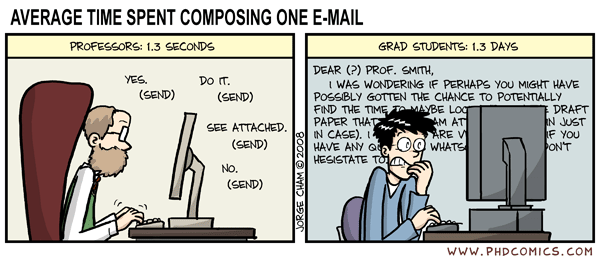Accidentally addressed lecturer as Mrs instead of Ms
I have heard from women (in mathematics departments, in the US) that they prefer not to be addressed as Ms or Mrs.
The issue is that some students address their male professors as "Dr." or "Professor" but their female professors as "Ms." or "Mrs." Perhaps you don't do this, but I would still recommend "Dr." or "Professor" unless your professor encourages otherwise.
Indeed, I know of one female professor who tells students that she is happy to be called "Dr. X" or "Professor X", and happier still to be addressed by her first name, but requests that her students avoid "Ms" or "Mrs".
It should also be added that this in the US, and cultural practices may be different elsewhere.
I don't think it's necessary to send a follow-up e-mail, but since you are worried about it, I think it would be perfectly polite to write something very brief like "p.s. How do you prefer to be addressed? Is Dr. X better?"
Leave it be; just be certain to be exactly correct in future messages. If she has a doctorate, she's "Dr. Familyname" in the U.S. and many other places. If she has academic rank, she's "Professor Familyname."
In most universities in the U.S., the title "Professor" is acceptable even for those without doctorate or academic rank.
Leave it be. Don't overthink it. Chances are that she didn't even notice. And if she did, it's highly unlikely that she'll hold a grudge if you correctly address her in future communication.
As others have pointed out, there is no consensus on what is the best way to address someone in professional communication. While many people prefer something as informal as "Hi {firstname}" (this includes people with a PhD or other academic title), others may be a lot more oldfashioned and consider that impolite. If you really feel insecure about how to address a person, it's therefore always better to ask him or her in person before you send your first mail.
Still, in my experience, there's a big discrepancy between how we're taught to communicate when we're young and how we end up communicating professionally once we're actually out there working 40+ hours a week in a real job that requires us to communicate with multiple people on different continents throughout the day. In the real world, people tend to be much less formal (and more focused on getting things done) than we're taught to be as youngsters. This includes professors and other academic staff. So as I said in the beginning : don't overthink it.
This cartoon captures it pretty well :
